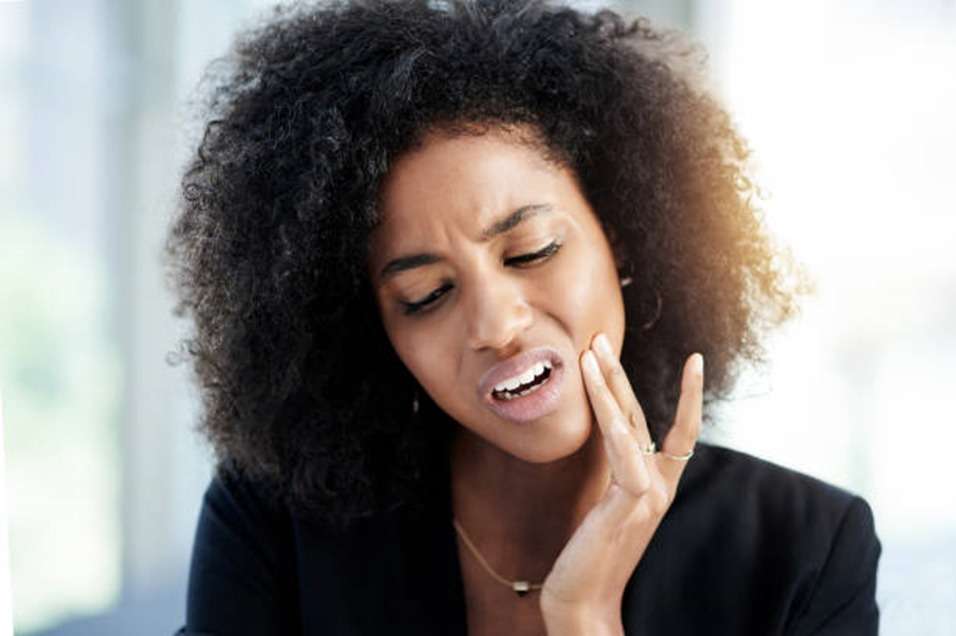Maintaining good dental hygiene is crucial for oral health. It involves regular brushing, flossing, and dental check-ups. However, a root canal might be necessary when tooth decay or infection becomes severe.
A root canal is a common solution to prevent tooth loss and alleviate pain, says Dr. Suhrab Singh, often called the best dentist in Noida. “The procedure entails removing the infected pulp first. Then we clean and disinfect the area before filling and sealing it.”
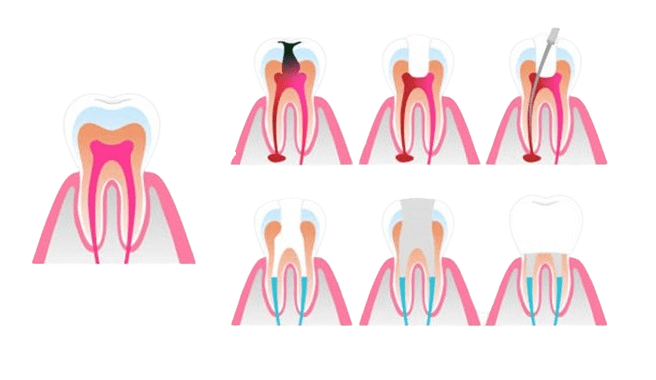
But what happens when there’s jaw pain 2 weeks after a root canal? Let’s explore the potential causes:
Causes of Jaw Pain 2 weeks After Root Canal
If you’re experiencing jaw pain 2 weeks after a root canal, it’s essential to understand why. Following are the potential causes behind this discomfort:
- Inflammation: Post-procedure inflammation can cause discomfort around the treated area.
- High Bite: The filling or crown may be too high, causing an uneven bite and discomfort.
- Healing Process: The natural healing process can sometimes manifest as pain, particularly in complex cases.
- Referred Pain: You may sometimes feel pain in the jaw due to its proximity to the treated tooth.
- Infection: If any infection remains or develops post-treatment, it could lead to pain.
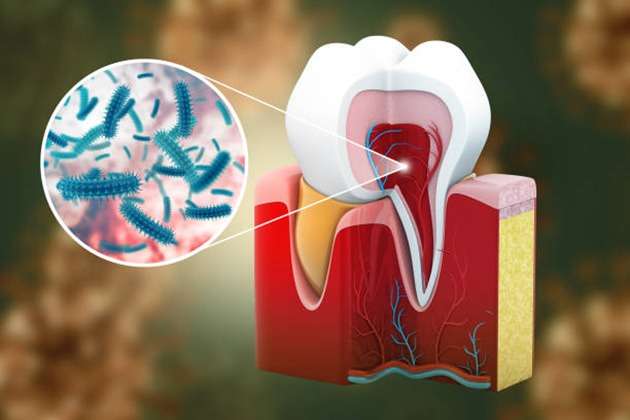
Are you concerned regarding jaw pain 2 weeks after a root canal? Please consult Dr. Suhrab Singh, a top dentist for effective root canal treatment in Noida.
But here’s a question: Is it normal if your root canal hurts after 2 weeks? Stay tuned as we delve into whether this is a typical part of the healing journey or a sign of something more serious.
Jaw Pain 2 Weeks Post-Root Canal: Normal or Concerning?
Experiencing jaw pain 2 weeks after a root canal can raise concerns. Generally, some discomfort is expected immediately following the procedure. This is because your body is undergoing a healing curve. However, if the pain persists or escalates after 2 weeks, it warrants attention. This prolonged discomfort could be due to a few reasons:
- Incomplete Treatment: Sometimes, the root canal might not fully clear the infection, leading to lingering pain.
- Inflammation: The treated area may still be healing, causing inflammation and discomfort.
- High Dental Filling: A filling or crown that’s too high can impact your bite, resulting in jaw pain.
- Secondary Infection: There’s a chance of developing a new infection in the treated area, which can cause pain.
In such cases, consulting Dr. Suhrab Singh, a go-to dentist for dental crown treatment in Noida is crucial. He can assess if your pain is part of the normal healing process or indicates something more serious.
Persistent Jaw Pain Post-Root Canal: A Sign of Complication?
Jaw pain 2 weeks after a root canal could indicate complications that need professional attention. It’s important to understand these complications to ensure timely intervention:
Missed Canal:
A root canal involves cleaning all canals within a tooth. If the dentist ignores or misses even one, infection can persist, causing pain.
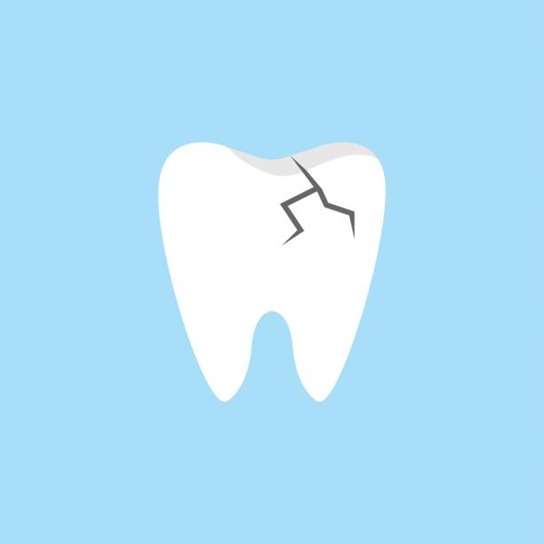
Cracked Tooth:
Sometimes, a tooth might have a small, undetected crack. This can harbor bacteria and lead to infection and pain post-treatment.
Damaged Tissue:
During a root canal, surrounding tissues might get irritated or damaged, leading to prolonged pain.
Secondary Infection:
The treated area can sometimes develop a new infection, especially if you are lax in your oral hygiene.
While not common, these complications require a thorough evaluation by a dental expert.
Do you have concerns about your dental health?
Visit Dr. Suhrab Singh at Neo Dental Clinic for advanced services like dental radiology in Noida. Radiographic imaging is among the various developed techniques at the clinic that help him accurately diagnose and address your concerns.
Patient Perspectives: Root Canal Success Stories:
So, you understand now that persistent pain after a root canal means it’s time to take action. Let’s explore practical ways to soothe your jaw and accelerate recovery after a root canal.
Soothing Solutions: How to Ease Jaw Pain After a Root Canal
Here are some tips to help you reduce jaw pain following a root canal:
- Cold Compress: Applying a cold compress to the jaw can help reduce inflammation and provide immediate relief.
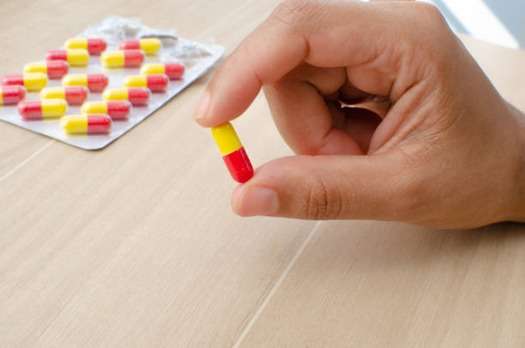
- Over-the-Counter Pain Relievers: Non-prescription pain relievers like ibuprofen can effectively manage post-root canal discomfort.
- Soft Diet: Opt for soft, easy-to-chew foods to minimize strain on your jaw while it heals.
- Proper Hydration: Staying hydrated supports healing and prevents dry mouth, which can exacerbate pain.
- Good Oral Hygiene: To prevent secondary infections and complications, maintain excellent oral hygiene.
- Gentle Jaw Exercises: Follow your dentist’s recommendations for gentle jaw exercises to improve flexibility and reduce stiffness.
While these tips can offer relief, knowing when to reach out to a dental expert like Dr. Suhrab Singh is essential.
When to Contact a Dentist
Visit Neo Dental Care in Noida for optimal care if you experience the following:
- Intense or Increasing Pain: If the pain is severe, worsening, or not improving despite following recommended care, it’s essential to seek professional evaluation.
- Swelling or Inflammation: Swelling around the treated tooth or jaw area could indicate an issue requiring dental attention.
- Fever or Chills: A fever or chills and persistent jaw pain might suggest an underlying infection that needs treatment.
- Prolonged Discomfort: If the discomfort lasts longer than expected or doesn’t subside with time, it’s a sign that something may be a miss.
- Difficulty Eating or Speaking: If the jaw pain interferes with your ability to eat or speak normally, it’s time to consult a dentist.

- Secondary Symptoms: You must not ignore any additional symptoms like bad breath, discharge from the treated tooth, or a bad taste in the mouth.
- Missed Canals or Complications: If there’s a suspicion of missed canals or other complications during the root canal procedure, please seek professional assessment.
- Concerns About Healing: If you have concerns about the healing process or the overall status of your treated tooth, consulting a dentist is a proactive step.
If you are in any of these situations, please contact top-notch dentist Dr. Suhrab Singh at Neo Dental. Equipped with world-class facilities and technologies, Neodental is often deemed the best dental clinic in Noida.

Conclusion
In conclusion, some discomfort is normal immediately following a root canal procedure. However, don’t ignore persistent jaw pain weeks after the treatment. It can be an indication of underlying issues that require attention. Don’t let jaw pain disrupt your daily life, whether it’s an infection, missed canals, or other complications. Seek professional evaluation and care to ensure your dental health is optimal.
Are you experiencing throbbing pain 2 weeks after a root canal? Schedule a consultation with Dr. Suhrab Singh today for comprehensive dental care and peace of mind.
Your well-being and peace of mind are our top priorities. Call now!
FAQs
Q. How do I know if my jawbone is infected after a root canal?
A. You can tell if your jawbone is infected after a root canal if you experience persistent pain, swelling, or drainage near the treated area. Contact your dentist promptly.
Q. How long should I wait to eat after a root canal to avoid jaw pain?
A. Wait until any numbness from local anesthesia wears off before eating to prevent jaw pain after a root canal. This should be possible within a few hours.
Q. Can a root canal cause numbness in the jaw?
A. Jaw numbness after a root canal can occur due to local anesthesia during the procedure. This numbness is temporary and should wear off within a few hours as the anesthesia dissipates.
Q. What are the alternatives to a root canal if I’m concerned about pain?
A. It’s essential to discuss your concerns with your dentist. They can explain the procedure, including anesthesia options and post-treatment pain management.
In some cases, alternative treatments or therapies may be considered based on your specific dental condition and preferences. Your dentist will work with you to ensure a comfortable and pain-free experience.
Reference Links:
https://www.aae.org/patients/root-canal-treatment/what-is-a-root-canal/

